The sun begins to come out as we head to Doolin, a little town along the coast. Find a place to park. Not a lot going on there. A port where ships go out to the Arran Islands. Rhonda is already heading off toward the shops. Betty points up the road to some picnic tables outside a pub.
“Go claim one of those tables and we can get some lunch,” she says, heading off for the pub.
I find an empty picnic table. There’s a mare and colt across the way, looking forlorn on the drought-stressed hillside. It’s weirdly quiet.
Our Honda Jazz explodes into a shrieking fireball; the blast wave flattens innocent passersby, knocking them to the ground. A ball of flame bursts heavenward, and turns into black smoke, definitive, evil black. A piece of front bumper lands a few feet away from me.
It’s quiet again. The little village in shock. People pick themselves up off the ground, amazed they are still alive. Others creep cautiously from doorways into the sunlight. What’s left of the Jazz is burning, a birthday candle that outlived the celebrant. I turn around, realize I am standing now and not sitting on the stone wall. This must be a good sign, I think.
The horses are gone, wisely.
I feel a little sad for the Jazz, which had begun to feel like a cousin. And then remember that Betty said she was fun to travel with. Well, I guess so.
Rhonda comes out of the shop and then moments later I spot Betty in the crowd in front of the pub. She looks around, spies me, and continues to scan the crowd. Rhonda starts for the wreckage, but Betty heads her off, takes her by the upper arm, points toward me. She looks me in the eye and nods up the street, away from the smoldering carcass.
The crowd is crowding around the ruins; Betty is guiding us away from it. We pause in front of a pastry shop. Rhonda embraces me, her heart and lymphatic system pounding. Closer than usual. She has high blood pressure anyway. I’m thinking about aftershock.
“Do you have your wallet and passport?” Betty asks me. I have mine and Rhonda’s passports, and nod.
“There’s nothing left of ours in that,” Betty says, looking toward the Jazz. “We have to start over.”
I have my arm around Rhonda, who I think is in shock, and we follow Betty away from the main street and through some backyards and onto other streets, unthinking or more exactly not knowing what to think, glad that we have somebody to follow. I think. There is another road leading inland that eventually goes over a narrow bridge beside which is another pub. Betty leads us inside to a table.
By then, everyone has either heard or heard of the explosion in the center of Doolin, leaving the pub by the bridge surprisingly empty. The bartenders and waitresses are talking among themselves, distracted from their jobs.
“What was that?” Rhonda asks when we’re settled at a table.
“I shouldn’t have dragged you into this,” Betty says. Genuinely, I think. “I told you I’m not where I’m supposed to be.”

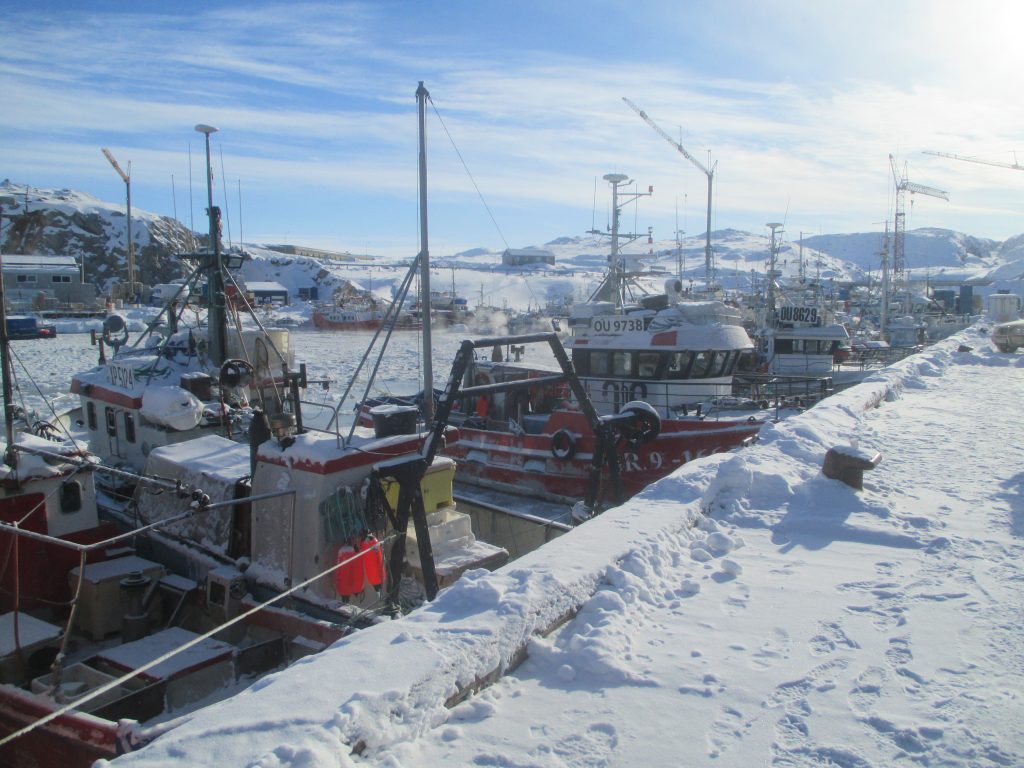
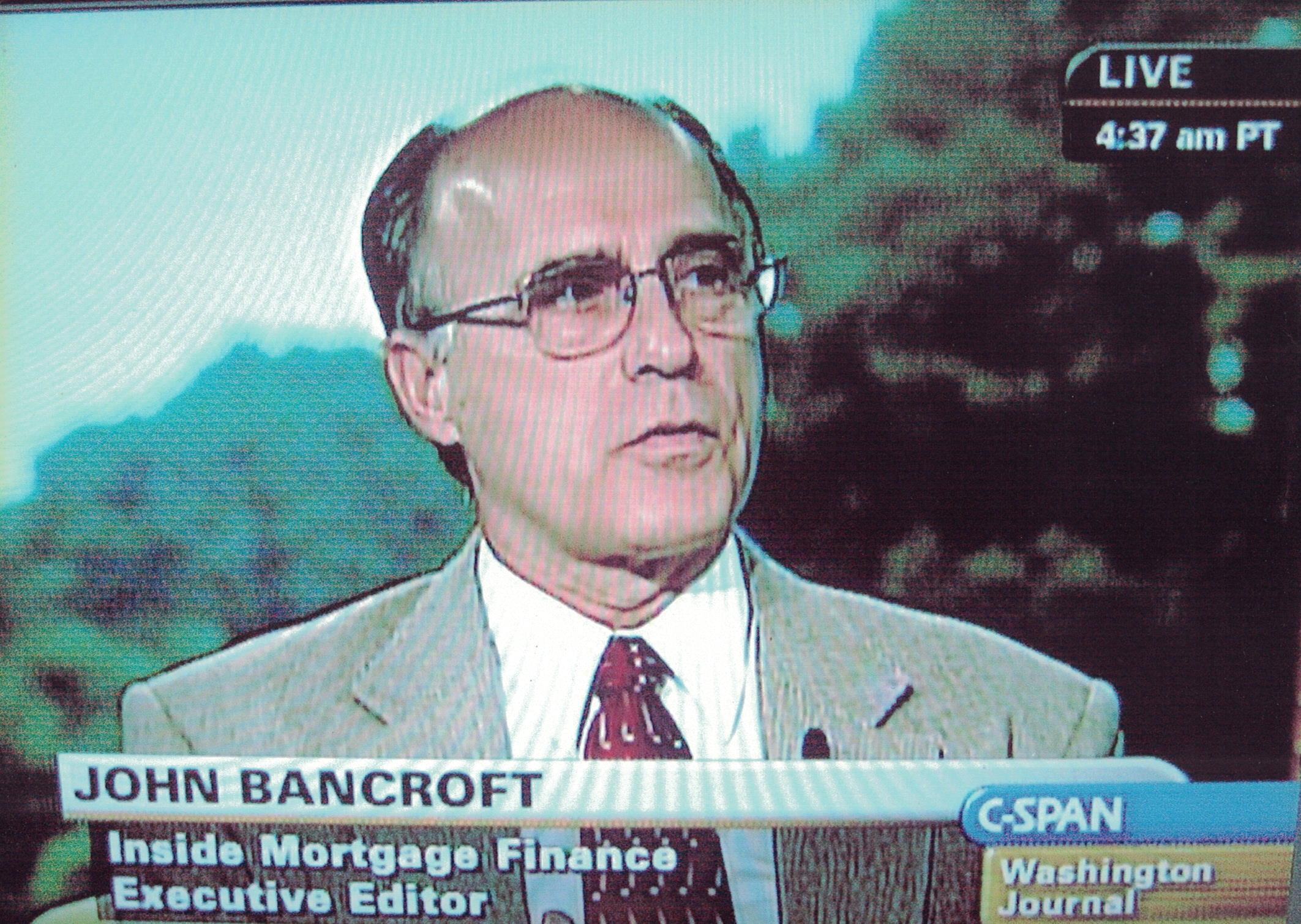
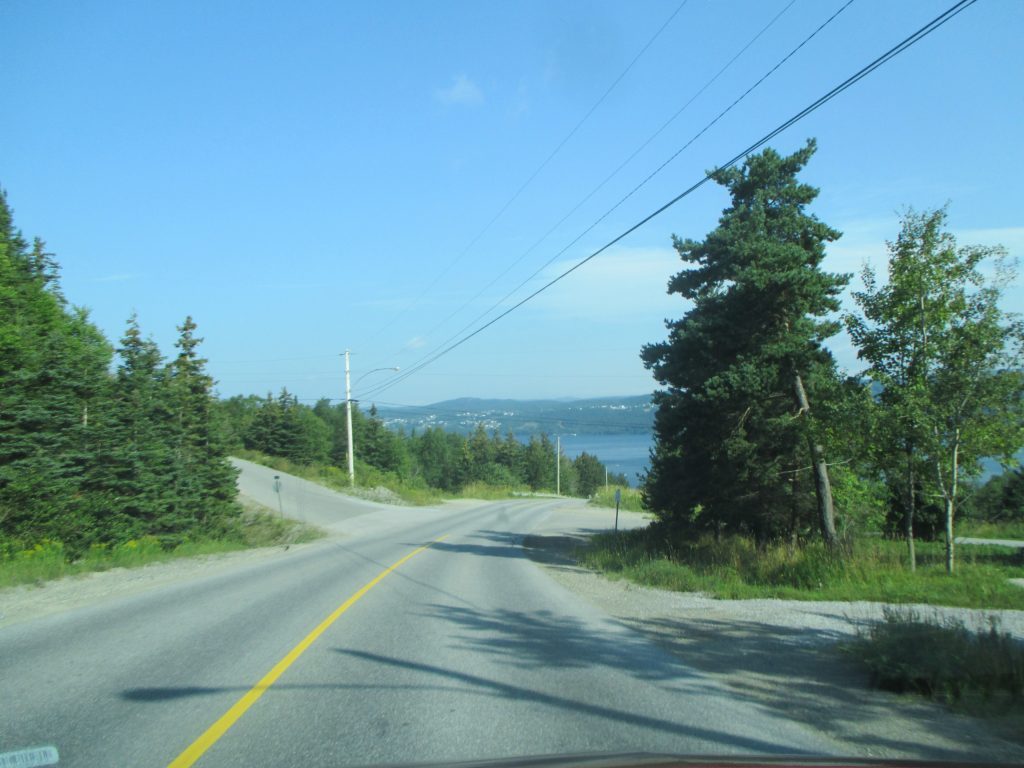
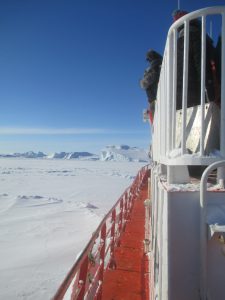 There is a small but hearty band of us forward on the main deck, intent on our progress, pounding away at the ice regardless of how cold the seawater had to get to freeze.
There is a small but hearty band of us forward on the main deck, intent on our progress, pounding away at the ice regardless of how cold the seawater had to get to freeze.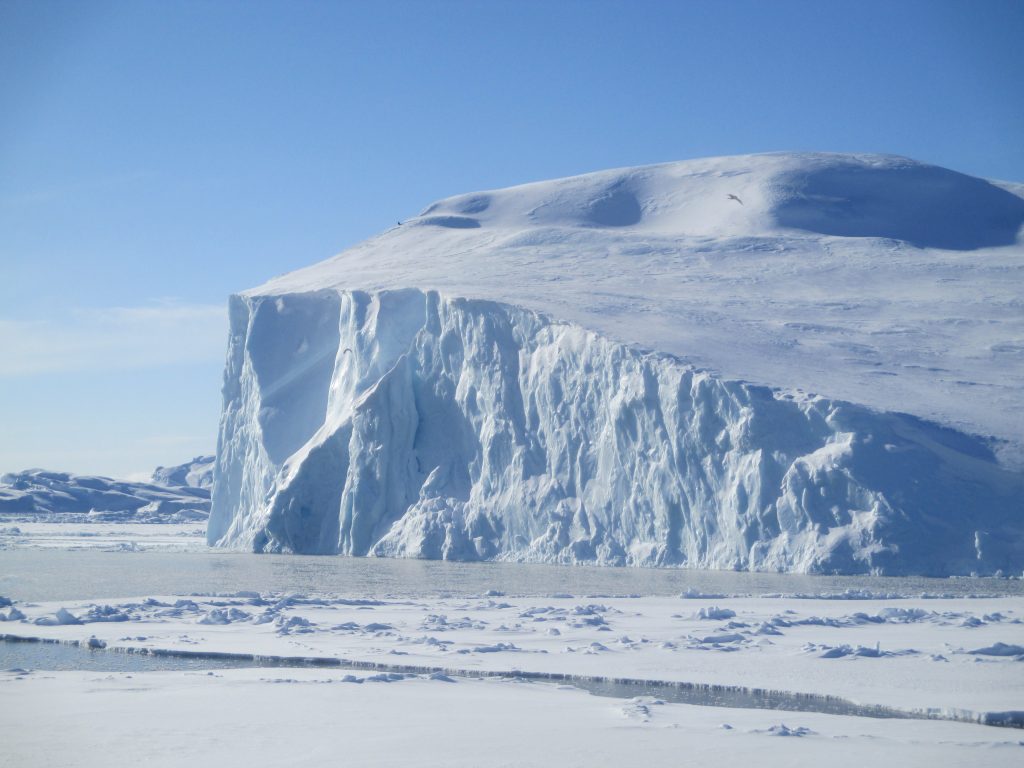
 Speedy makes his first “I Flick Butts” bumper sticker and places it on a 1967 Plymouth Valiant.
Speedy makes his first “I Flick Butts” bumper sticker and places it on a 1967 Plymouth Valiant.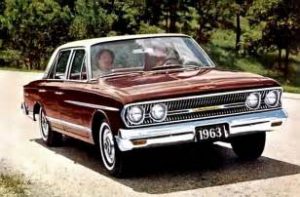 A man driving a 1963 Rambler Ambassador throws his cigarette onto the road. Speedy runs him down, knowing the butt-flicker is the owner of the newspaper where he works.
A man driving a 1963 Rambler Ambassador throws his cigarette onto the road. Speedy runs him down, knowing the butt-flicker is the owner of the newspaper where he works. Riding home with his mother from work, Izzy spots a butt-flick from a 1964 Volkswagon bus. In Thailand, the air force was dropping flowers and popcorn from airplanes to celebrate the adoption of a new national constitution. When they get home, Speedy is excited about a constitutional argument about the legal standing of trees.
Riding home with his mother from work, Izzy spots a butt-flick from a 1964 Volkswagon bus. In Thailand, the air force was dropping flowers and popcorn from airplanes to celebrate the adoption of a new national constitution. When they get home, Speedy is excited about a constitutional argument about the legal standing of trees.